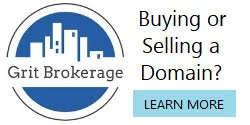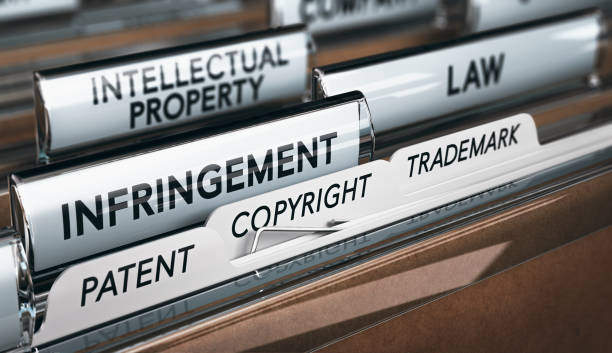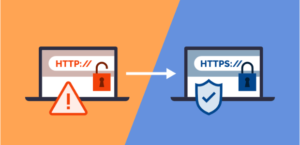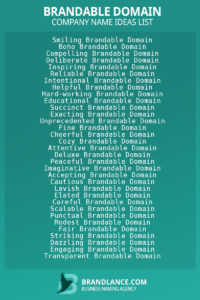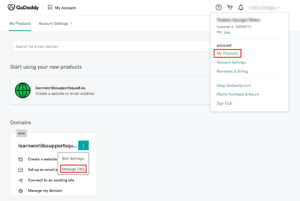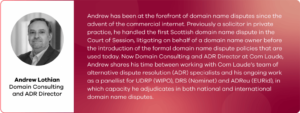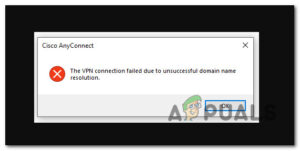Domain name investors have many things to worry about. They must ensure they have adequate cash flow, renewal fees to manage, and more. An often overlooked aspect of domaining is cybersquatting. What is this, why is it illegal, and how can domainers prevent cybersquatting?
What is Cybersquatting?
Cybersquatting, also known as domain squatting, is when a person registers a domain name that mimics the likeness of a well-known person or entity without that individual or entity’s permission. They do so hoping to profit from the brand or trademark of the legitimate owner.
When doing so, the perpetrator typically uses the individual or entity’s personal or business name. However, they may also use a product name, a company’s service mark, or a trademark when registering and using the domain name.
The cybersquatter may also purchase a legitimate domain name and register it, doing so with nefarious intent. They make this purchase because they want to sell the name to the business owner with that trademarked name for a significant profit.
How Cybersquatting Impacts Domain Investing
Authorities do not permit cybersquatting for several reasons. Foremost, the cybersquatter benefits from the work of the legitimate domain name holder. They make sales with no effort on their part other than stealing content from the legitimate owner.
In addition, if they don’t fulfill the orders or live up to the customer’s expectations, this damages the legitimate domain name owner’s reputation. The owner may see a decrease in customer loyalty.
This is of great concern, as the cybersquatter could send the buyer fake goods. They may steal credit card information or engage in other criminal activities.
Cybersquatters harm buyers, as the buyers may not get what they paid for. If they receive the goods, they might find they cannot receive help after the sale if they need it.
The legitimate owner of the domain name may also suffer harm. Besides damage to their reputation and the possible loss of customers, the owner might find they have legal issues resulting from the cybersquatting.
Is Cybersquatting Illegal?
Cybersquatting is illegal in the United States and many other countries today. The federal government and the Internet Corporation for Assigned Names and Numbers (ICANN) have policies in place protecting businesses and trademark owners from these practices.
The Anticybersquatting Consumer Protection Act (ACPA) is a federal law that prohibits individuals from registering domain names similar or identical to any trademarked brand name or personal name. However, this is only one of several laws targeting this criminal activity.
The Trademark Dilution Revision Act provides additional layers of protection against cybersquatting. Service mark and trademark owners receive protection under this act. However, the laws only apply to registered trademarks. They don’t apply to individual names, other than trademarked names.
Misconceptions About Cybersquatting
A common theme among domain investors asking high prices is being accused of cybersquatting. For example, a company looking to buy the .com version of their brand name may be surprised to find that the owners is asking $100,000. Often, uninitiated buyers assume that they should be able to buy domain names for $10, the cost of registration.
When this problem comes up, domain buyers can either buy the domain, use an alternative, or consider legal action against the domain owner. These can include trademark infringement, cybersquatting, or reverse domain name hijacking.
Ideally, domain investors would never have a situation like this, but with high quality domains or acronym domains, these issues can come up.
How Domainers Can Prevent Cybersquatting Issues
To prevent cybersquatting, domain name investors need to be honest with themselves.
Firstly, know exactly what cybersquatting is. Regardless of intent, investors should never mimic or rely on another entity’s brand recognition when marketing a domain name. This also includes trademarks – when buying a domain, check for active trademarks that could be applied to your domain.
If a trademark may be an issue, avoid actively marketing your domain in a way that targets the trademark owner. For example, if you park your domain name with advertisements, make sure that the trademark owner’s name or product line is blatantly featured on your domain name.
Lastly, stay on top of your domain portfolio. Make sure you and domain brokers know which domains may be targets of cybersquatting claims. This includes domain at risk of reverse domain name hijacking.
